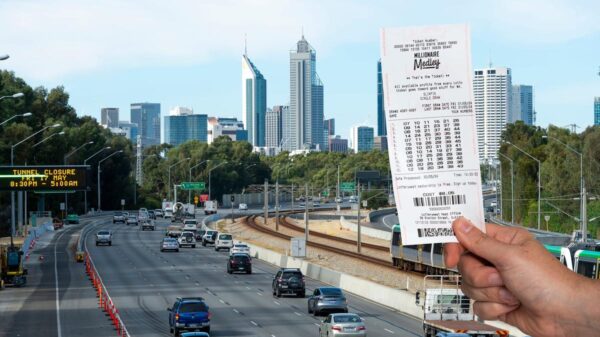Shell has decided to abandon its plans for constructing a biofuels facility at the Shell Energy and Chemicals Park in Rotterdam. This decision comes in response to challenging market conditions that render the project uncompetitive. The announcement was made on Wednesday by Shell’s subsidiary, Shell Nederland Raffinaderij B.V.
Last year, Shell paused construction of the biofuels plant due to weak market conditions. During a recent evaluation, the company determined that the project’s completion would not meet the demand for affordable, low-carbon products. According to Machteld de Haan, President of Shell’s Downstream, Renewables and Energy Solutions, “As we evaluated market dynamics and the cost of completion, it became clear that the project would be insufficiently competitive to meet our customers’ need for affordable, low carbon products.”
Shell’s decision highlights broader trends in the alternative fuels sector, where many companies are reassessing their investment strategies. The energy transition has proven to be more complex than anticipated, with profitability in renewable energy projects lagging behind that of traditional oil and gas operations.
Both Shell and BP, two major players in the European energy market, have scaled back billions of dollars in investments towards renewables. Instead, they are refocusing on enhancing their oil and gas portfolios. Shell’s Chief Executive Wael Sawan has previously stated that reducing global oil and gas production would be “dangerous and irresponsible.”
Despite this setback, Shell maintains a presence in alternative fuels, including electric vehicle charging stations and the Northern Lights carbon capture and storage (CCS) joint venture in Norway. The company is not alone in facing difficulties within the biofuels sector. Earlier this year, Greenergy, a company owned by commodity trading giant Trafigura, announced plans to consult on ceasing production at its biodiesel plant in the UK due to similar market challenges.
As the energy landscape evolves, Shell’s decision to halt the Rotterdam project underscores the ongoing struggle to balance environmental goals with financial viability in the renewable energy sector.


































































